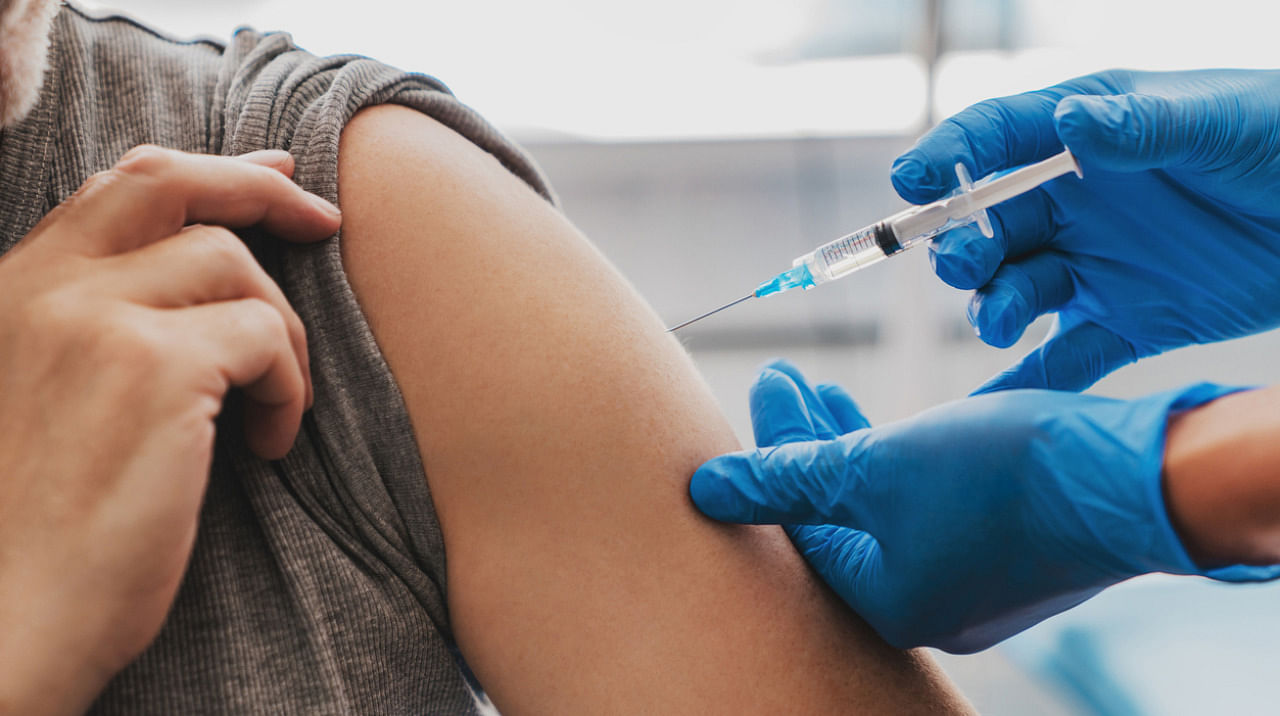
The central government has made the big switch to take on the responsibility of vaccinating the country’s adults starting Monday, relieving states of the financial burden of procuring the jabs.
Prime Minister Narendra Modi announced the change in vaccine policy in his June 7 address to the nation, a little over a month after the Centre had split the onus of vaccination equally between the Centre and states. The move also came after several states voiced concerns over the previous vaccine policy and pushed for a centralised drive.
The centralised strategy of vaccination could also provide a much-needed boost for the country’s rate of vaccination, which has so far lagged behind most other major countries despite administering the greatest number of first doses in absolute terms.
Here is everything to know about the centralized vaccination drive starting June 21:
> All citizens of the country will receive free jabs at any government vaccination centre Monday onwards.
> The Centre will procure three-quarters of all vaccines for those aged 18 and above, including the one-fourth that states were required to buy so far, and hand them over to states free of cost. States will continue to facilitate the vaccination drive by gauging demand, while setting up common service centres and call centres to assist citizens in booking slots for vaccination.
> It will no longer be compulsory for people to register on the Co-WIN or Aarogya Setu app, and can register on-site at both government and private facilities at the time of vaccination.
> Private players will continue buying the remaining 25 per cent of doses from manufacturers for administration at a price. The service charge they are allowed to charge per dose has been capped at Rs 150 over the fixed price of the vaccines.
> The fixed prices of the three vaccines currently available in India have also been capped at Rs 780 for Covishield, Rs 1,410 for Covaxin and Rs 1,145 for Sputnik V.